Robert Smith, the head of the British Boxing Board of Control, expressed his frustration with the seemingly slow-moving process to resolve cases involving fighters with positive drug tests in the United Kingdom.
On Tuesday, it was revealed that United Kingdom Anti-Doping (UKAD) had levied a backdated two-year ban on retired boxer Amir Khan for failing a drug test that was administered after his showdown with his countryman and rival Kell Brook last year. Trace amounts of ostarine, an anabolic drug, were found in Khan’s body.
Khan has owned up to the results but insisted he never took the substance in question intentionally. Nevertheless, UKAD abides by a principle of strict liability, meaning ignorance is not a valid excuse, although in Khan’s case, it was enough to lower his ban from four years to two. (Khan is retired and has stated he does not plan to fight again anytime soon.)
Many in the sport knew nothing about Khan’s positive test, including the promoter of the Khan-Brook fight, Ben Shalom of Boxxer, and Brook himself. Moreover, many took issue with the amount of time it took for UKAD to render a judgement, saying that UKAD, and by extension the BBBofC, were “sitting on” the findings.
In a recent interview, BBBofC’s Smith disputed that characterization, saying that UKAD’s drug hearings protects the fighters and allows them a chance to explain themselves before a legitimate tribunal. As such, the process can take a long time, “too long,” Smith admits, even for himself, saying, “Nobody’s more frustrated than I am.”
Smith made it clear that the BBBofC were not involved in the inquiry into Khan’s positive test; that was all handled by UKAD. The BBBofC works closely in tandem with UKAD in an official capacity, so they defer to UKAD in drug testing matters.
“Because UKAD deal with all our anti-doping processes, we don’t have any dealings with regard to any hearing etc, it’s down to UKAD,” Smith told talkSPORT. “I’m frustrated with regards to how long it takes, but any athlete’s entitled to due process and that’s what they’ve done.
“UKAD deal with all our disciplinary matters with regards to anti-doping,” Smith continued. “They have a process in place for any other sport in the country, we have to abide by that. We’ve signed up to them, as have every other sport in the country.
“I’m as frustrated as anybody else, but that’s what we’ve signed up to. They have a process and that’s how the process works. I think it’s too slow, but that’s up to them. That’s how they deal with it and there’s not much I can do about it at the present time.”
Smith made it clear that he thinks there are some aspects of UKAD’s anti-doping procedures that can be improved.
“I think the issue we’ve got here is obviously UKAD have sole authority with regards to [anti-doping matters],” Smith said. “Whether I’m happy with it? Possibly not. And whether I’ve gotta do something about it? Possibly yes.”
The Board is currently involved in a matter that is very public: Conor Benn’s two positive drug tests from last year. The British welterweight has continually maintained his innocence and has lashed out at the Board repeatedly, even going so far as to threaten legal action. Benn currently cannot box in his native Britain because he voluntarily relinquished his license with the Board. It is understood that Benn has not cooperated with the Board in their investigation.
Nevertheless, Benn is expected to return to the ring in a territory outside of the Board’s sphere of influence on June 3 in Abu Dhabi. Manny Pacquiao, Chris Eubank Jr. and Brook have all been mentioned as possible opponents.





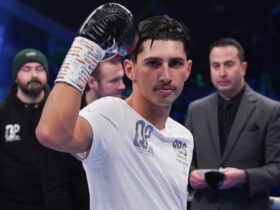
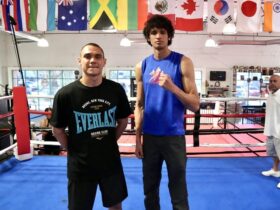




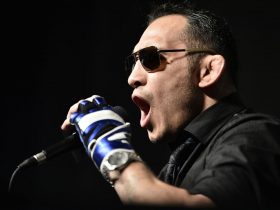
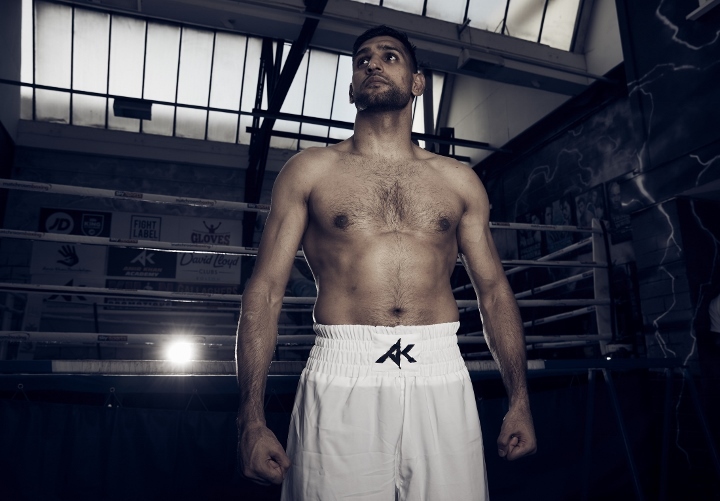
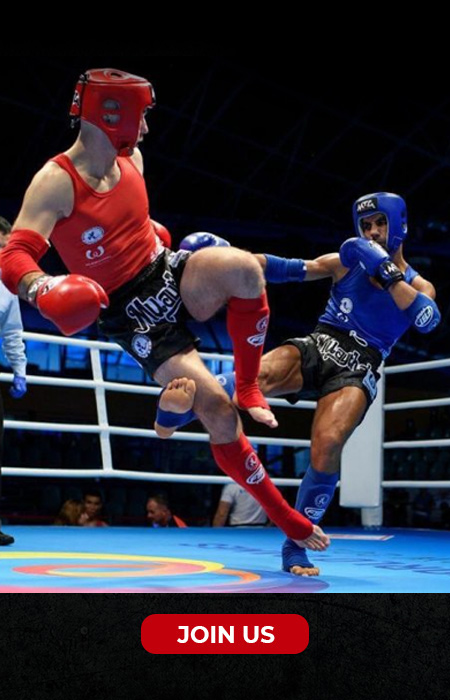




Leave a Reply